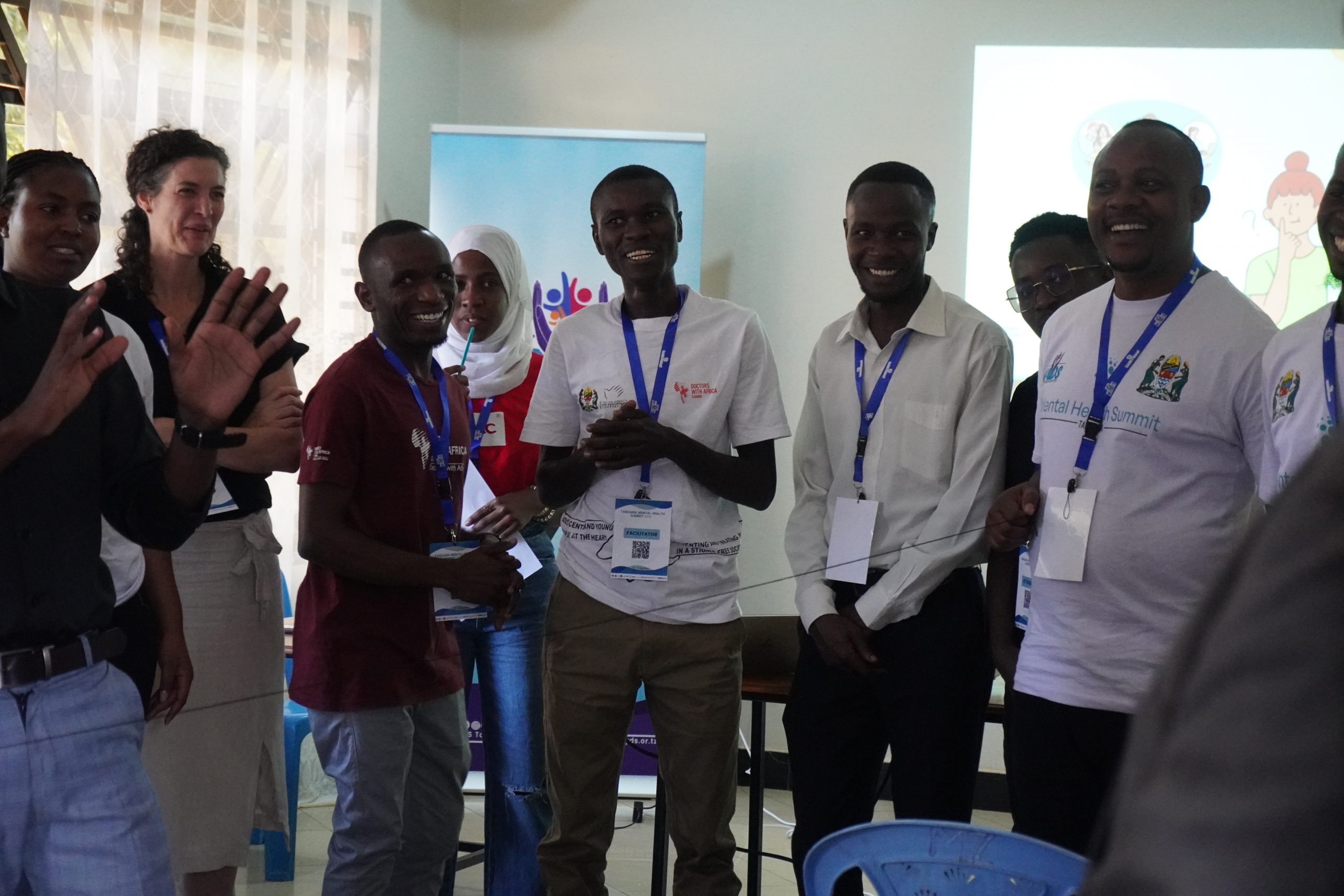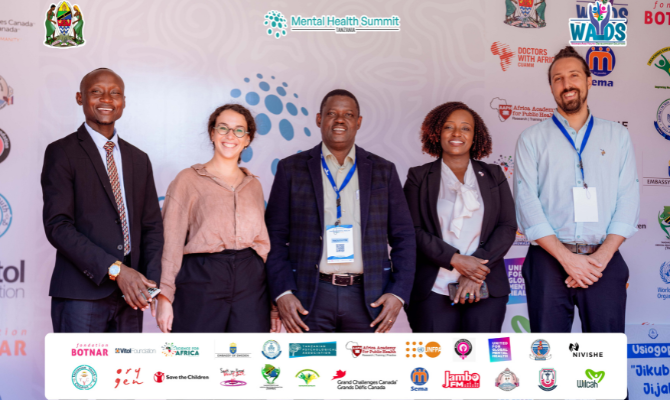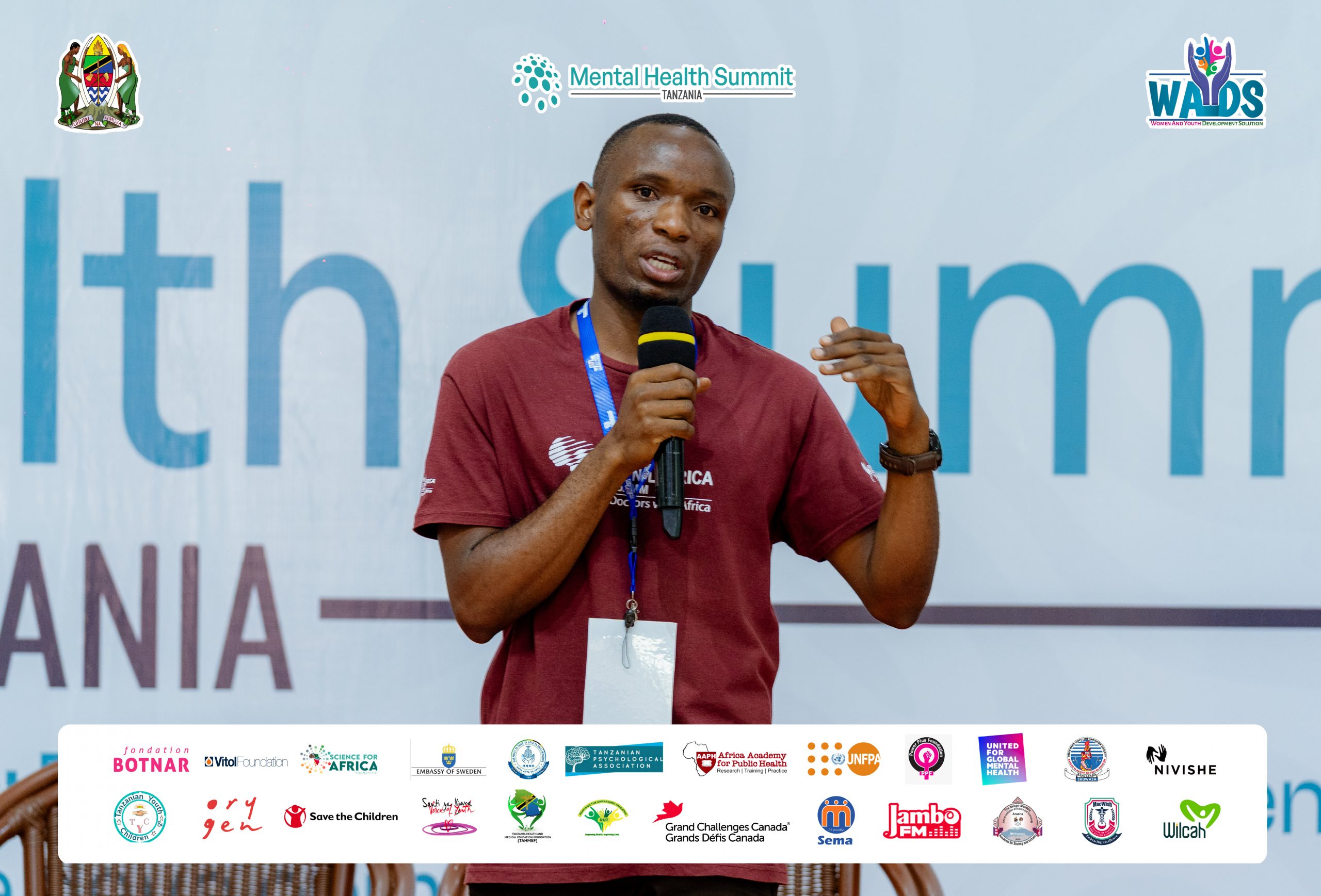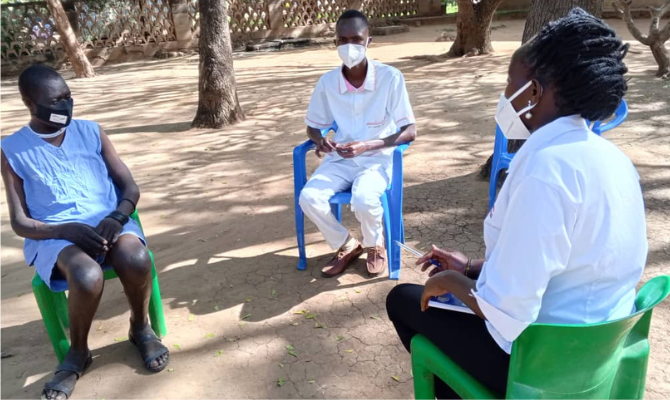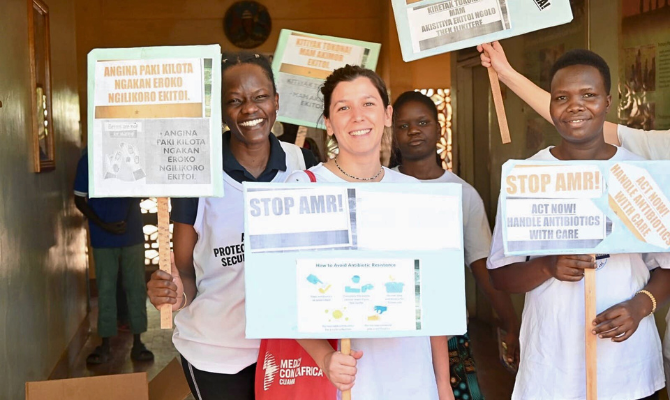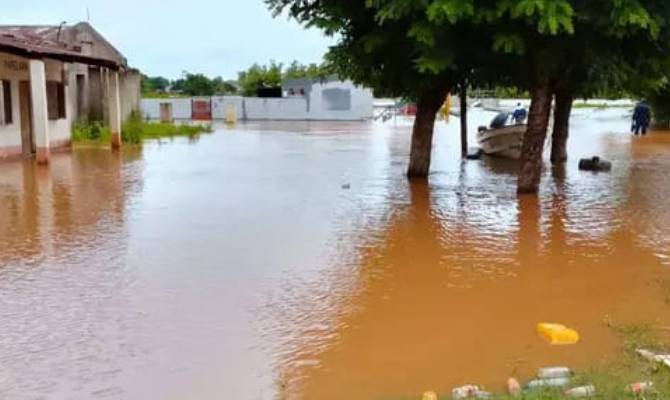Making mental health care a public health priority: this is the main objective at the heart of the “Tanzania Mental Health Summit 2025”, the first national conference on mental health held in Kahama, in the Shinyanga region of Tanzania.
This is an important signal for the country and for the entire African continent, which is facing a significant burden of mental illness, particularly among young people, including conditions such as depression, anxiety, substance use disorders, suicidal behaviour and schizophrenia. Mental health is a complex, multidimensional phenomenon that is unfortunately still underestimated and not openly addressed at a global level. According to a report by the World Health Organisation (October 2023), mental health problems affect approximately 116 million people on the African continent, compared to 53 million in 1990. This figure is further exacerbated by the lack of dedicated services and mental health professionals, inadequate funding, limited access to essential medicines and technologies, and associated stigma and discrimination. Mental health care is not generally included in national health programmes, adds the WHO report, pointing out that in Africa there is only one psychiatrist per 500,000 inhabitants, with a higher concentration in urban areas than in rural areas. To address this situation, the WHO has established that by 2030, all countries must have mental health policies and legislation in place; at least 60% must have implemented them; and 80% must have a budget dedicated to specific services.
Doctors with Africa CUAMM, in addition to participating in the Summit’s Organising Committee, contributed its experience gained in various countries such as Mozambique, Ethiopia and South Sudan, and in particular with the project it is implementing in the Shinyanga region, supported by the Italian Agency for Development Cooperation. At the heart of CUAMM’s intervention are young people and adolescents living with HIV, the challenges they face in terms of mental health and what can be done to address them.
“Mental health is health. As CUAMM, we propose a data- and evidence-based approach, while at the same time promoting opportunities for awareness-raising in communities through various channels and platforms, such as radio programmes, school lessons, or health events in villages. During the Summit, we addressed the many aspects of this issue in various sessions and held a workshop on peer influence, both in the form of intense peer pressure, which often leads to risky behaviour, and peer support, which promotes awareness and health education,” says Loide Cambisano, CUAMM project manager in the region.
“We want to draw more attention to the issue by proposing to integrate mental health services into essential services in a sustainable way that is acceptable to the cultural sensibilities of the community. Healthcare professionals and community health workers, community agents, are trained to recognise the symptoms of depression and anxiety and refer cases that need it to specific services. The same is done with HIV caregivers and peer educators,” added Taslo Mnenuka, CUAMM medical doctor in Shinyanga.
The summit was intended as an opportunity for discussion and experience sharing among stakeholders, but also as a place for awareness raising, collaboration and a platform for proposing concrete and transformative actions. CUAMM is proud and gratified to have been part of the national discussion on the future of mental health in Tanzania. Together with other actors, the commitment is to ensuring more equitable access to healthcare, including mental health care. Because there is no health without mental health.
A journey that has already begun, to outline together a story that is yet to be written.
